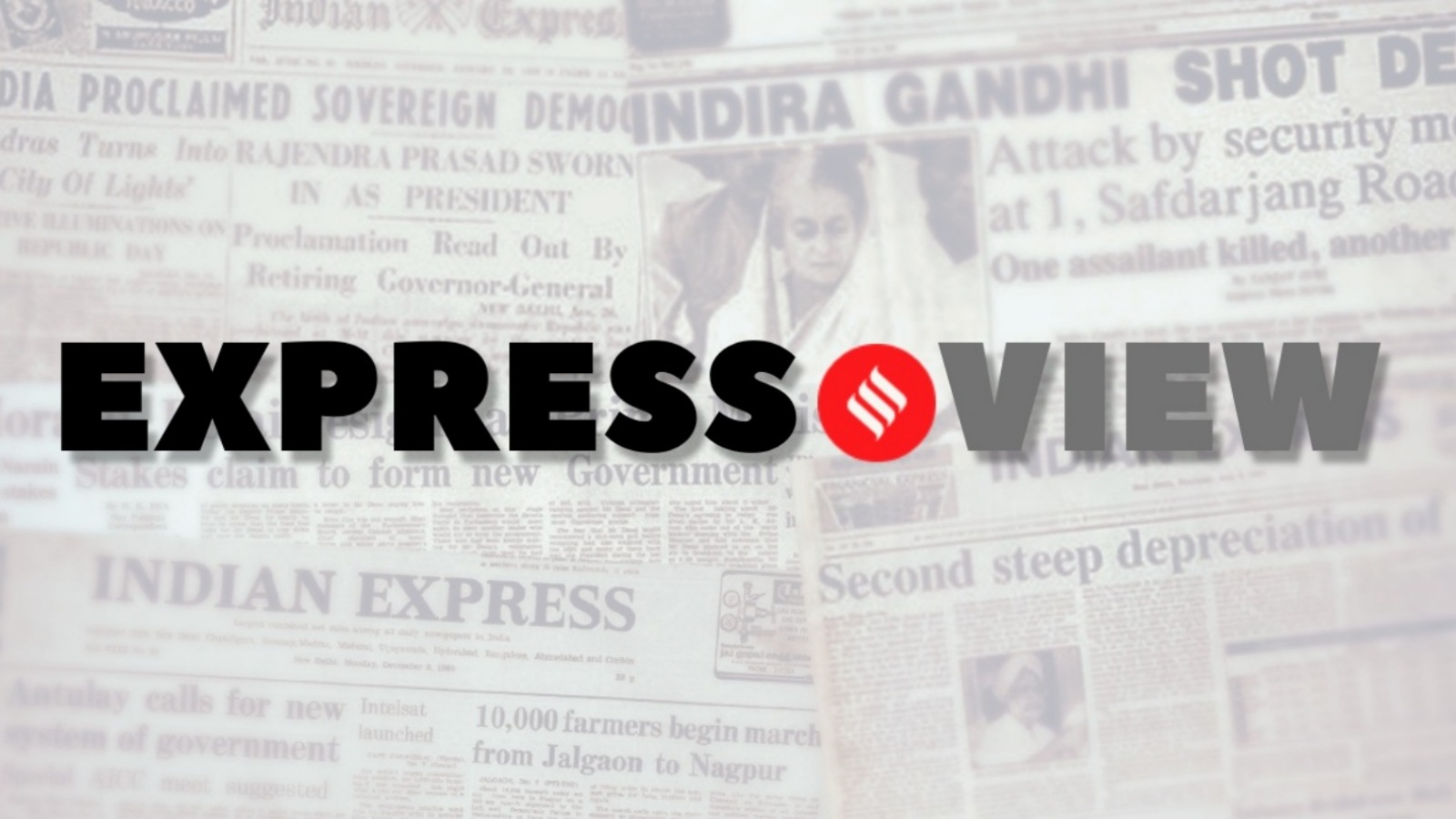The US indictment of a former Indian official, Vikash Yadav, on charges of conspiracy to murder an American citizen, Gurpatwant Singh Pannun, in the summer of 2023, sets the stage for the trial in US courts. The naming of Yadav and the FBI lookout notice for him followed the visit of the Indian inquiry committee to Washington this month. The committee was formed after the US allegations were communicated to Delhi last year.
On its part, India had declared that assassination on foreign soil is not government policy, even as it kept its promise to examine the evidence proffered by the US government and take necessary action. If India had hoped that its cooperative attitude would result in a quiet American handling of this incident, Delhi stands disappointed.
Many in India see the ostentatious American trial with frequent media leaks and outrage in Washington as rank hypocrisy from a country with an expansive record of murder and violence in other countries. Worse still, Washington refuses to recognise the broader context — the permissive attitude towards Khalistani extremism and separatism in Canada and the US over the last many decades. Although the Canadian record is more egregious, the US approach has not been different.
Sooner than later, Yadav is likely to be convicted, but Delhi is unlikely to hand him over to Washington. India has more than 60 extradition requests pending with the US, including those for David Headley, involved in organising the 2008 Mumbai terror attacks. It is a pity that Washington’s narrow, legalistic and self-righteous approach to the Pannun case is undermining popular goodwill in India for the US relationship that has been generated through sustained political and diplomatic efforts over the last quarter of a century.
Optimists would say India-US relations have seen worse and that this too shall pass. But pessimists are right to worry about its impact on bilateral relations.
The challenge for Delhi, though, lies at home. There must be serious reflection on the broader political and reputational costs from the Pannun episode. There is much greater international scrutiny now, even in friendly countries, on the activities of Indian diplomatic missions, especially their engagement with the growing diasporic communities.
If the Yadav story is a rogue affair, there is an urgent need for Delhi to nail down its sources and prevent similar acts in the future. Rather than get into a defensive crouch amidst the dribs and drabs of information that will flow out of the Yadav trial in the US, Delhi needs to take the political class and the broader public into confidence on the episode. That is the best Indian defence against the growing US and Canadian pressures on the Nijjar and Pannun cases.
Delhi also needs to appoint a high-level expert commission that will assess the Yadav affair, outline concrete government protocols for political, policy and organisational oversight of the Indian intelligence agencies. This is a good moment for a bipartisan parliamentary effort to develop a clear legal mandate for the intelligence agencies and lay down norms and procedures for their accountability.
For all their “anti-imperialist” rhetoric, Indian political parties have been quite comfortable in persisting with the inherited colonial framework that guides these agencies. Time for the political class to wake up and democratise the intelligence apparatus.



